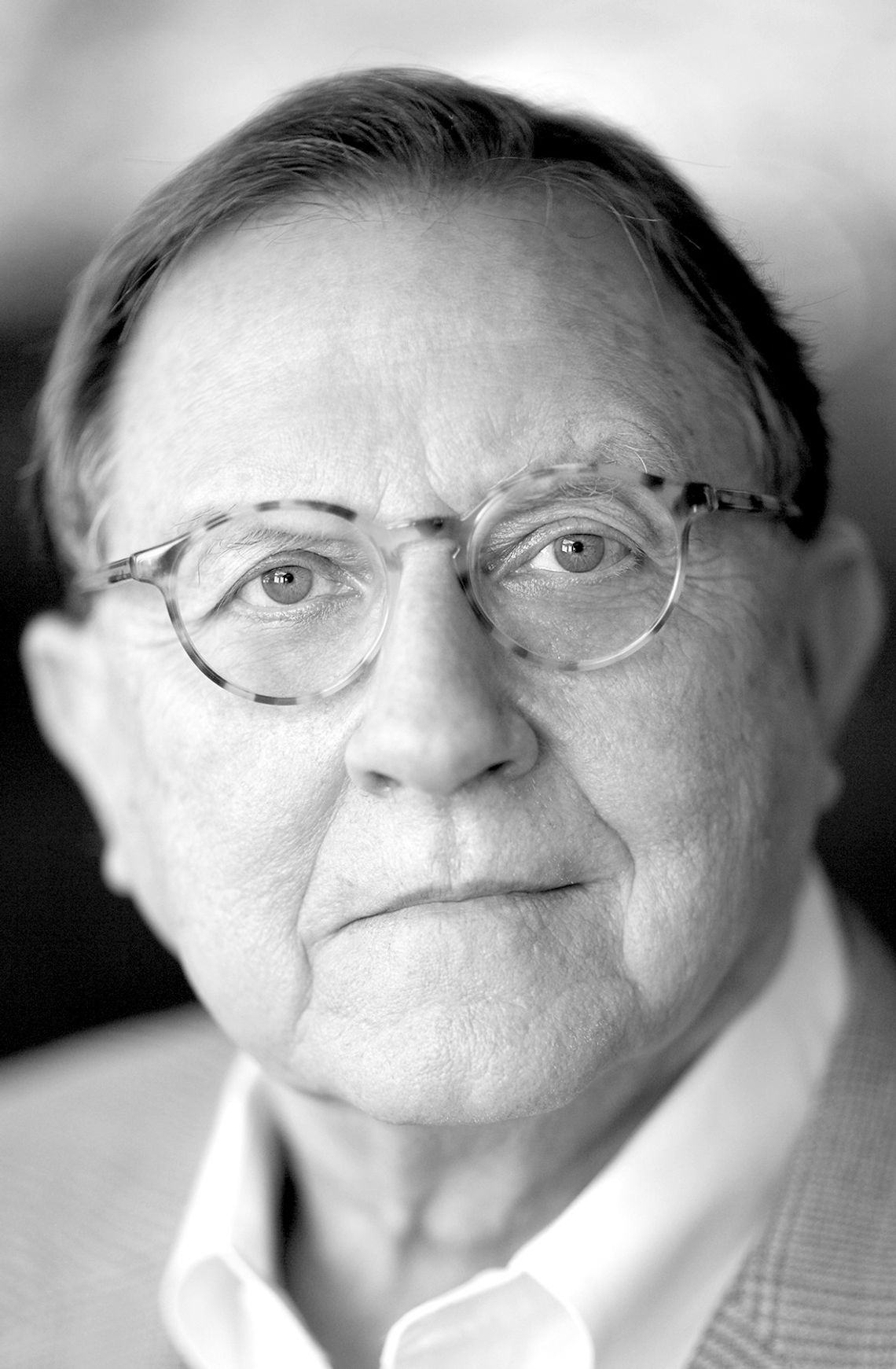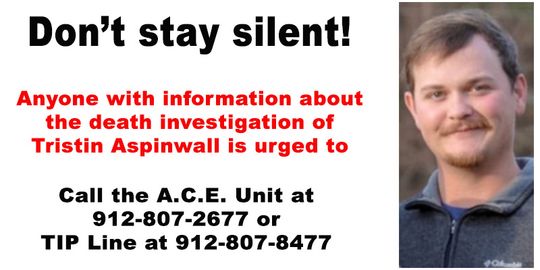Few American Presidents believed more deeply in the American dream, and few lived it more successfully, than Ronald Wilson Reagan. For him, life was an everrolling stream of good fortune, notoriety, wealth and high office. Ultimately, it led to the White House.
Involved were a number of “firsts.” Until the election of Joe Biden, Reagan was, at age 69, the oldest person ever elected President. He then beat his own record in winning re-election at 73. He was the first divorced person to occupy the White House, as well as the first labor leader. He is one of two presidents with a TV show.
In particular, Reagan was the last president to win landslide elections. His margins of victory in 1980 and 1984 still stand among the largest in political history.
Nicknamed “Dutch,” the future president grew up in Dixon, Illinois, population 9,000. He was blessed with a strong physique, vigor, a youthful appearance and a sunny disposition. Wife, Nancy, would later say, “He was an incurable optimist.”
At Eureka College, Class of 1932, he excelled in sports, plays, stage productions and in campus politics — but not in academics.
As a radio sports announcer for WTOC in Davenport, Iowa, Dutch covered the 1937 Chicago Cubs at their spring training in California. He recalled falling in love with the Pacific Coast, the sunwounded soaked climate and the glamorous life in Hollywood.
A friend arranged a screen test at Warner Brothers Pictures. He passed the test, signed a contract for $200-a-week, and dropped the name “Dutch.” Ronald Reagan became a movie actor.
He never achieved great stardom, but he took the calling seriously and worked at it. He became active in the labor union known as the Screen Actors Guild, later serving as its president.
In those years, Reagan was a Democrat. He supported FDR and the New Deal. He scorned Republicans who cut taxes and he stumped for Democratic candidates. By 1962, however, the actor was an adamantly, conservative, registered Republican.
Another opportunity arose with the spread of television. Reagan acted as host of General Electric Theater and of Death Valley Days. General Electric then hired him as its highly-paid public relations officer. For years he crisscrossed the country, speaking at GE plants and at civic organizations, constantly improving his speaking skills and in sharpening a conservative message.
In Reagan’s life, October 27, 1964 was a watershed. Before a national TV audience at the Republican Convention, he spoke in support of candidate Barry Goldwater. Using good humor and everyday language, Reagan attacked big government and high taxes.
The speech poured important money into the Republican campaign. It also convinced influential California businessmen the speaker was a prime prospect for governor. Though reluctant at first, Reagan finally agreed to run. He handily defeated incumbent Democrat Pat Brown, seeking a third term.
As governor, Reagan became interested in the presidency. He sought Republican nominations in 1968 and 1970. On a third try in 1980, he prevailed. Jimmy Carter’s defeat was one of the largest ever inflicted on an incumbent President seeking a second term.
The Office of President involves symbolic functions. They were Ronald Reagan’s specialty. He looked like a President. He dressed like one. He spoke and acted like one. An observer described his presidency as “a theatrical triumph of mood setting.”
On March 30, 1981, 69 days into his presidency, Reagan was severely in an assassination attempt. At 70, America saw its president bouncing back quickly. He seemed something of a mythic figure — the stuff of heroes. All fears of his age in office vanished, as his popularity soared.
Power and celebrity, however, never went to his head. He believed American ideals were full of meaning. He understood them and he expressed them.
Reagan came to the White House with a program. It included cutting taxes, increasing spending on the military and balancing the budget. He accomplished the first two —and some other things.
The President had the capacity to bend when circumstances proved advantageous. Irrespective of his bitter opposition to communism, he was willing to meet and negotiate with Mikhail Gorbachev and Russian leaders. As a result, he helped end the Cold War. The Berlin Wall fell and Germany — to the West’s advantage — was reunified. For decades the nuclear threat declined, thanks in large part to Ronald Reagan.
In his farewell address at the 1989 Republican Convention, he said, “Having temporary custody of this office has been for me a sacred trust and an honor beyond words or measure.”
Among presidential historians, Reagan is ranked 9th among the top 10. He died June 5, 2004, at 93, following a long battle with Alzheimer's.









